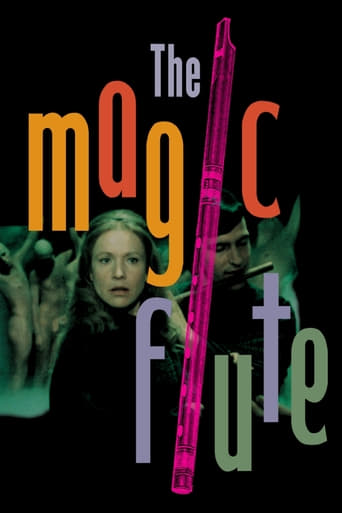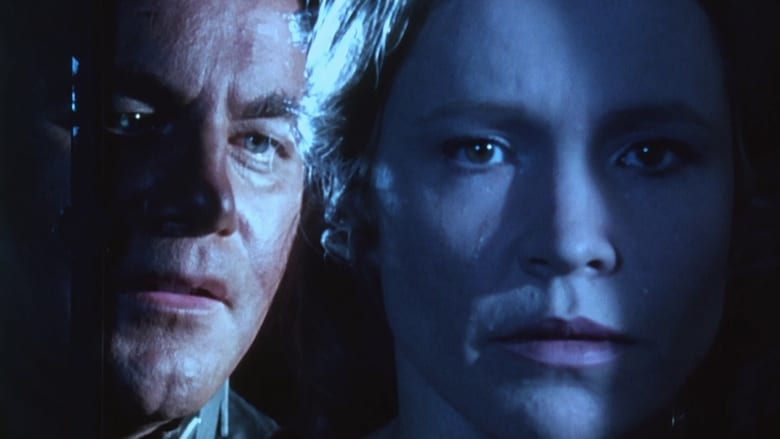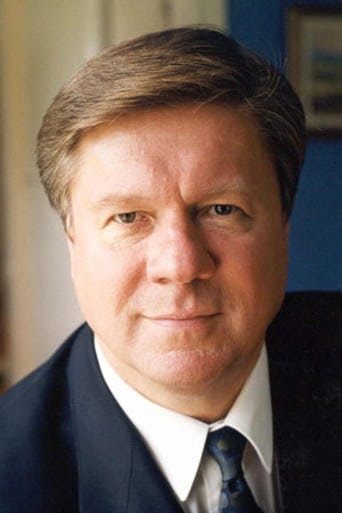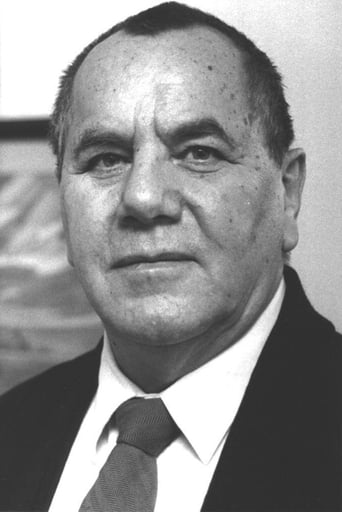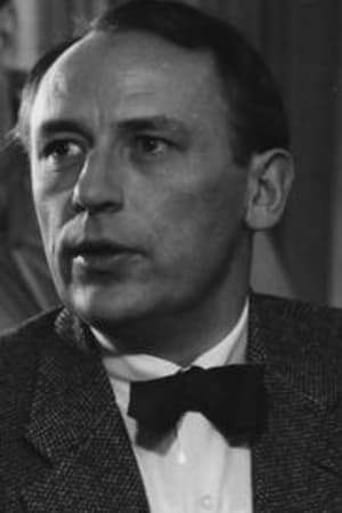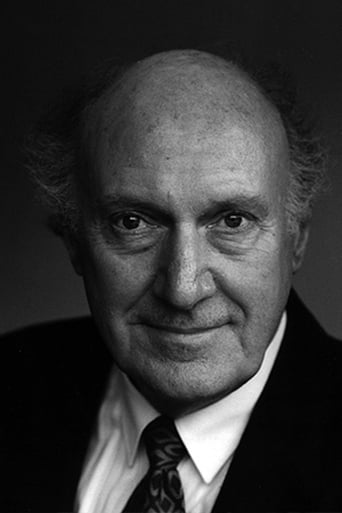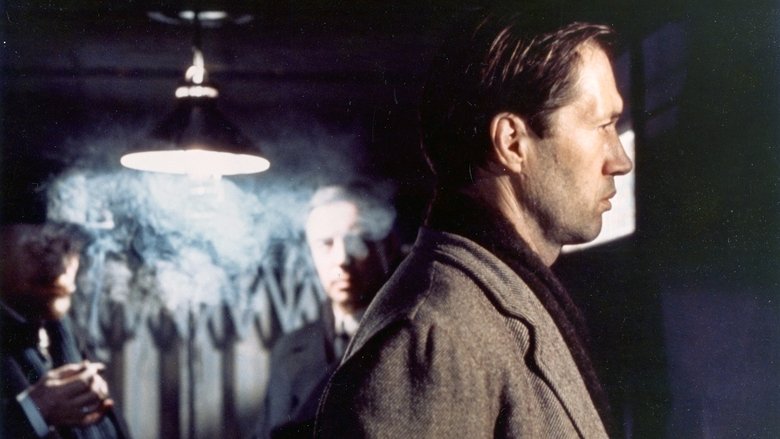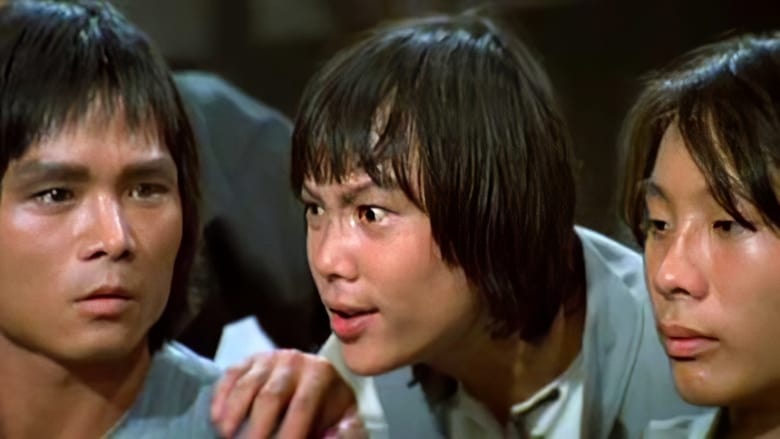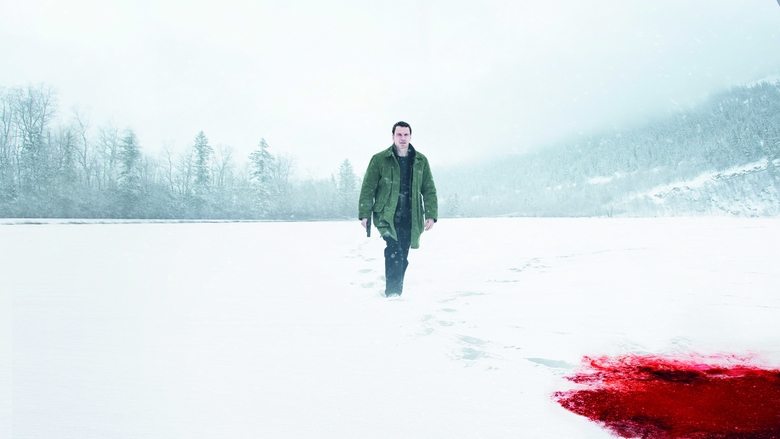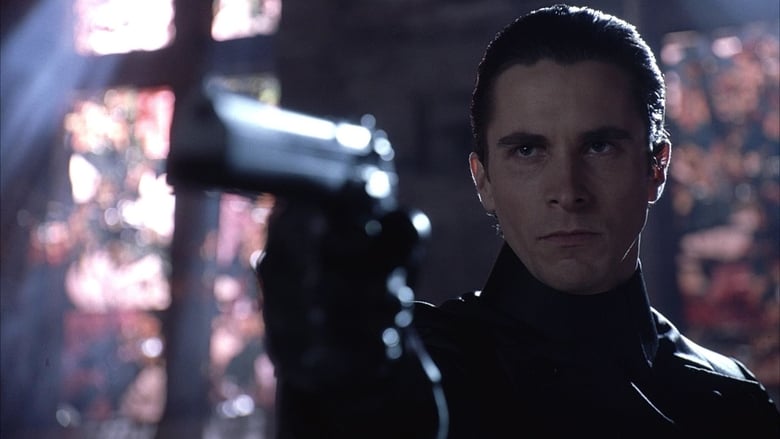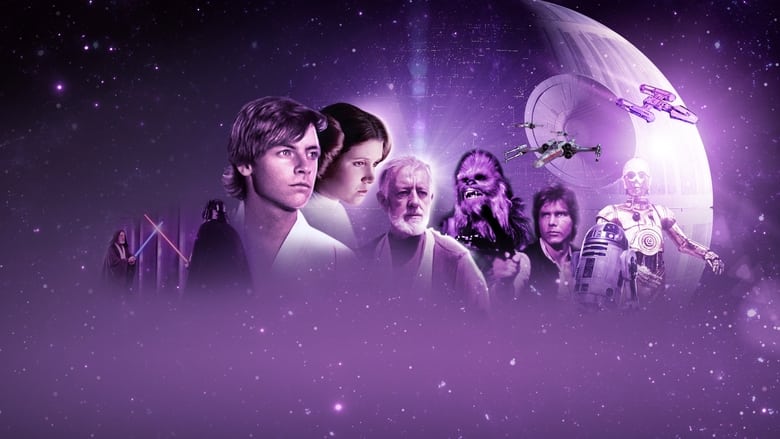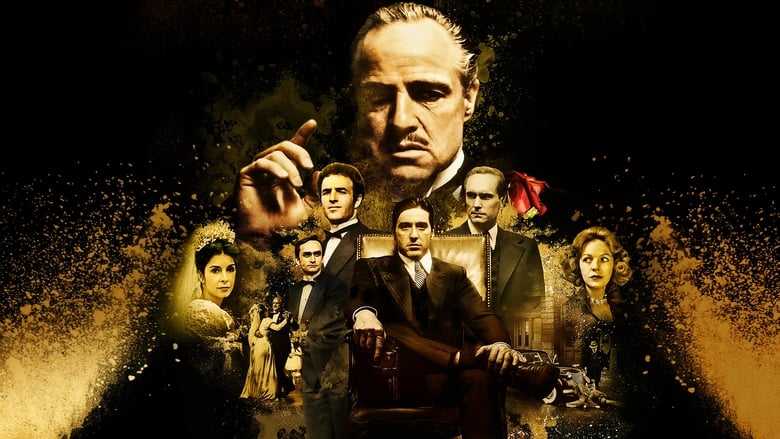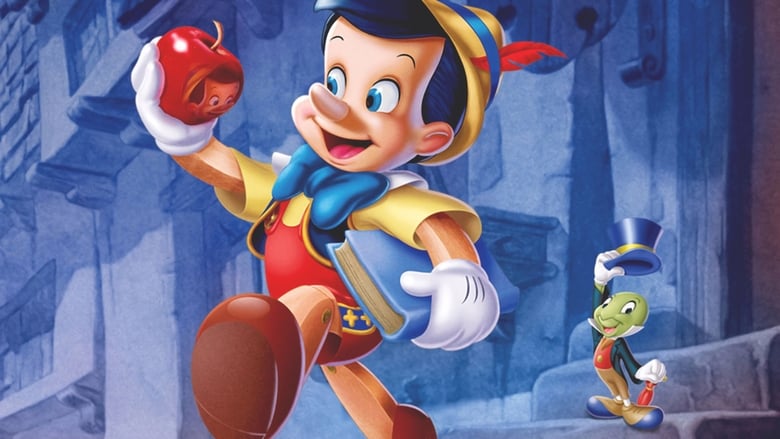The Queen of the Night enlists a handsome prince named Tamino to rescue her beautiful kidnapped daughter, Princess Pamina, in this screen adaptation of the beloved Mozart opera. Aided by the lovelorn bird hunter Papageno and a magical flute that holds the power to change the hearts of men, young Tamino embarks on a quest for true love, leading to the evil Sarastro's temple where Pamina is held captive.


Similar titles


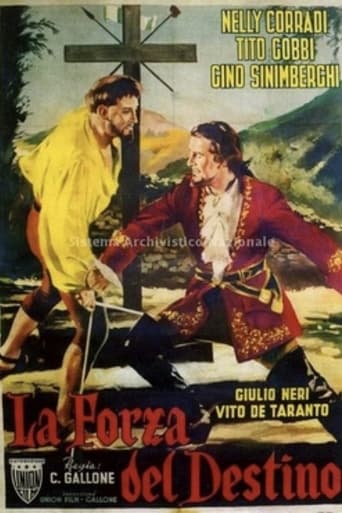
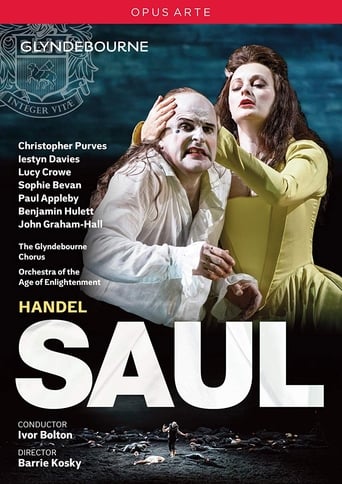

Reviews
I thought I watched all of Ingmar Bergman's movies, but there was one that had escaped me and eventually I tracked it down. This little operatic television special wasn't what I expected from Bergman, but then again, it is an opera and one for the child at heart. So Bergman couldn't go all dark on this, even if it touched on some dark themes. What got to me was the fact that the first 45 minutes was abysmal in the technical side. And I'm talking cinematography and the coverage of the opera. I couldn't believe that the great Sven Nykvist had shot this. His other works are astounding, even more so on the Bergman films. Then towards the last ten minutes before the intermission, the whole look changed dramatically. It became moody, dark, with beautiful framing compositions that had Sven Nykvist's trademark, as well as Brgman's. This lasted for the remainder of the film, with maybe a scene or two that slipped back into the flat lighting and bland framing (maybe this scenes were shot out of sequence before Sven Nykvist came on).Now, I'm not sure that this was done purposely. Maybe the first part was meant to look theatrical with some light heartiness and amusement. Then it dawned on me that since this being a television production, Bergman was forced to use television technicians. Seeing that he wasn't getting the result he wanted, he must have put up a stink and got Sven Nykvist on-board to fix the mess up. Because there is no way that Sven Nykvist would have photographed that first 45 minute debacle.Apart from that irritating distraction, it was rather an enjoyable romp, made more interesting with Sven Nykvist's imagery compositions and lighting that came to the rescue.
Opera is hard to present as a movie, particularly an opera like The Magic Flute where the mixture of fairy-tale fantasy, serious concept risk at lesser hands to present a hodgepodge with no real idea what the director has in mind. Alternatively, others may strive to stress the imagery to the detriment of the substance. Losey's Don Giovanni is a case in point, where the sheer beauty of the surroundings averted attention from the music. There can be no better Magic Flute than Bergman's. The gradual movement of the story from the initial sight of the obviously fake scenery to the sublime ending where we are really transposed in the realm of Sarastro is incredible. The occasional pictures of members of the audience listening raptly is a marvelous touch. No words can do justice to this masterpiece. Watch it .
This version of "The Magic Flute" is not only the worst production of Mozart's great opera that I have ever seen, it is also the worst video production I have seen of any opera.I'm a big opera fan and I have more opera on DVD than movies. The sets are cheap and cheesy. Papageno doesn't even have a bird costume. He is just dressed like some guy. The sound is in mono. The color is really bad. It is saturated in orange. Most DVD's from this period have the color digitally restored, but they did not bother with this one. Also, the language has been changed to Swedish instead of the original German.This is not a movie version of "The Magic Flute." It is a filmed performance and it is not a good performance and it was not filmed very well. You can pick any other available DVD of this opera and I guarantee it will be better than this one. My preference is for the version conducted by James Levine with sets by David Hockney.
This version of The Magic Flute is strictly Bergman's vision, though he manages to put himself in Mozart's very own frame of mind and the experience is supremely powerful as a theater of magic storytelling. Filmed in a Stockholm theater, and sung in Swedish, not in the original German text, it stars Josef Kostlinger as Tamino, Ulrik Cold as Sarastro, Irma Urilla as Pamina, Birgit Nordin as The Queen of the Night and Hakard Hagegard as Papageno. These virtuosic singers, particularly comic baritone Hakan Hagegard and bass Ulrik Cold were once big names in the opera scene in Europe. I can't fully explain the magic of this film. Mozart himself would have been proud had he seen a stage production of this. Everything is exactly as Mozart intended, right down to the smallest detail in scenery and costume. Sarastro is so saintly he resembles God in "Birth of Man", Tamino is handsome in the fairy-tale prince sort of way and the definition of a noble youth on a spiritual quest, Pamina is endearingly feminine and graceful and the Queen of the Night is majestic but pure evil. The Three Boys flying about in the balloons were authentic devises used in the Theater Auf Der Wien in Vienna at the time of Mozart when balloons were newly invented. Both Mozart and his librettist, Emmanuel Schikaneder, were Freemasons and this opera is a tribute to their beliefs, which stressed brotherhood, democracy and enlightenment. This masterpiece is magical and full of fairy tale elements but make no mistake it's an adult allegory on the triumph of brotherhood and the end of tyranny, big issues during the Enlightenment, especially when the French Revolution was about to erupt and the rise of Napoleon's imperialism was about to come to Europe while in America, the war of Indepencence against England was also taking shape.Bergman makes "The Magic Flute" into a philosophical song play, complete with subtle but powerful symbols. There is a lot of philosophical and holy, nearly Buddhist quotes to emphasize the Freemasons' ideals - basically, don't lie, be full of virtue, be compassionate, be wise, all written out like laws on scrolls that the characters hold up for the viewers to see. The look of the Trial by Fire and Water is effectively poetic, haunting and metaphysical. The finale aptly portrays the triumph of Light or "The Enlightenment" over the dark forces of evil, night and ignorance, in a nearly balletic sort of way when an armed Queen of the Night and her minions advance on Sarastro's Temple, only to overcome in a burst of sunlight by Sarastro and his followers. Even amidst the elevated imagery, there are moments of genuine comedy. Take a look at the Intermission Scene. During their break, the singers indulge in relaxing hobbies- Ulrik Cold (Sarastro) is reading the medieval legend of Parsifal, which is also an opera by Wagner and no doubt an opera Ulrik himself sang, but note how the guy next to him is reading a Donald Duck comic book. Josef Kostlinger and Irma Urilla (Tamino and Pamina) play a game of chess, Birgit Nordin the Queen of the Night smokes a cigarette!! I found it to be very funny to see these characters out of their persona and acting like average joes. In the end, this is a rather "adult", "art-house" and symbolic version of the opera, and you're hard-pressed to find productions that even remotely resemble this one. It's not abstract or post-modern, thank God, and even in its Swedishness it remains true to Mozart's vision of the work. All fans of the opera should treat themselves to this film. First-time opera audiences will enjoy it but not as children that is they should have already seen another opera before this one. Children must first see "The Magic Flute" in various child-oriented productions. As it is, this movie is for adults with acquired tastes in opera and appreciate the Bergamn signature on this.
